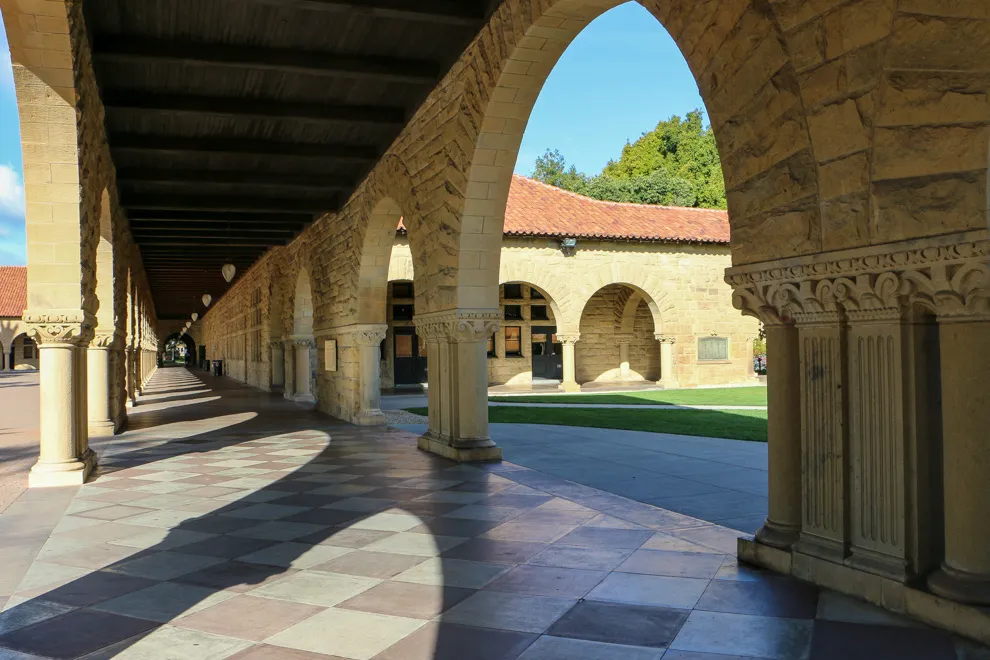The merging of administrative oversight toward student groups and Greek life, increased mental health services and the promise of continued campus social programming were among the announcements shared in Vice Provost for Student Affairs Susie Brubaker-Cole’s spring quarter update to the campus community on Tuesday.
In the wake of Student Activities and Leadership (SAL) Director Nanci Howe’s retirement after 38 years at Stanford, Brubaker-Cole announced the merging of SAL — which currently oversees the over 600 student organizations on campus — with the Office of Fraternity and Sorority Life (FSL), under the new Office of Student Engagement (OSE).
“We envision OSE to be a one-stop shop encompassing a great many of our leadership and engagement opportunities,” Brubaker-Cole wrote.
Assistant Vice Provost for the Centers for Equity, Community and Leadership and Ujamaa Resident Fellow Jan Barker-Alexander will serve as the interim leader of OSE and chair the search for a permanent director.
Brubaker-Cole also announced that OSE will report to the brand new Associate Associate Vice Provost for Inclusion, Community and Integrative Learning, Dr. Emelyn de la Peña.
Starting July 1, Counseling and Psychological Services (CAPS) “is significantly increasing” its availability of weekly in-person initial consultation appointments, as part of ongoing University efforts to decrease wait times for mental health services. The University also previously announced the addition of four CAPS clinicians come fall 2019, as well as online training to provide faculty with strategies to support student well-being in academic settings.
These updates come on the heels of two graduate student suicides within one month of each other, as well as campus-wide concerns about a lack of adequate mental health care for students.
In her update, Brubaker-Cole also acknowledged this past quarter’s successful campus social programming, including the opening of new student bar The Arbor and a block party event held on the lower Row. She added that the bar has been “so successful” that its operations will continue in the fall, and that Stanford intends to host the block party next year in addition to other social events. These recent increases in social programming come as a result of efforts led by The Social Project student association, a student organization that has been working with the University to bring new events to the campus social scene.
The spring quarter update also announced the Alcohol Solutions Group will issue its recommendations for methods of reducing high-risk drinking on campus in the fall, and that a new online portal to formalize the process by which student communities request new resources — including potential future community centers — will be made available next year as well.
This article has been corrected to reflect that Stanford’s alcohol policy will not be changing in the fall with the Alcohol Solutions Group’s recommendations. The Daily regrets this error.
Contact Claire Wang at clwang32 ‘at’ stanford.edu.
